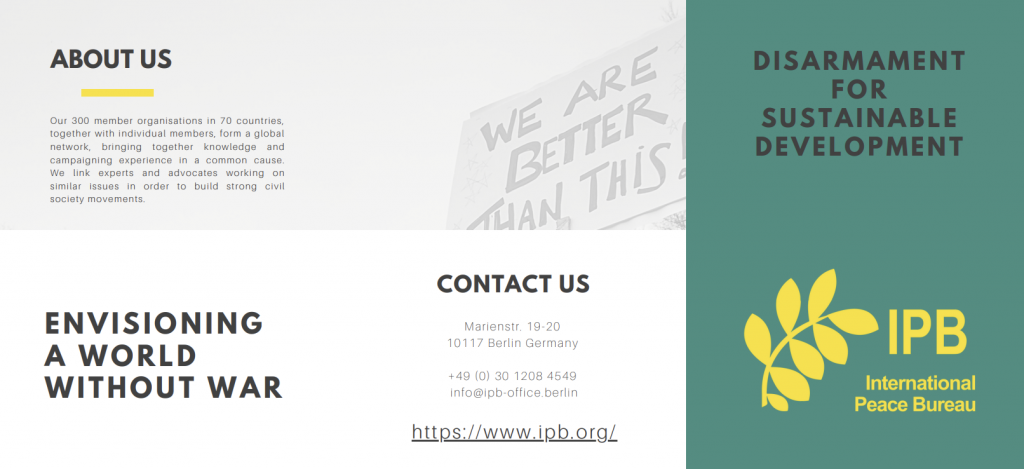US strikes on Iran ‘inhuman, illegal, & threat to OFWs,’ say peace advocates
The International Peace Bureau (IPB), one of the world’s most longstanding peace federations, has issued a sharp rebuke against the recent U.S. military strikes on Iranian nuclear facilities, calling them “inhuman and illegal” and could endanger millions—including overseas Filipino workers (OFWs) across the Middle East.
“The attacks are a dangerous escalation that violates both international law and the U.S. Constitution—and brings the region closer to a devastating war,” said the IPB in a statement released Sunday.

Aside from being awarded the Nobel Peace Prize in 1910 for its role in linking peace societies globally and organizing international peace movements, IPB includes global peace advocates and Nobel peace laureates like Linus Pauling of the United States (1962), Seán MacBride of Ireland (1974 Nobel Peace Prize), and Alva Myrdal of Sweden (1982).
“This is more than geopolitics—it’s about the safety of our kababayans, our economy, and our future,” said the statement signed by Filipina peace advocate and IPB Co-President Corazon Valdez Fabros.
Hundreds of thousands of OFWs work and live in nearby Gulf states, and any military escalation could lead to mass evacuations and imperil lives.
The strikes, carried out in coordination with Israel, targeted key Iranian sites at Fordow, Natanz, and Isfahan.
The IPB said that under international humanitarian law, nuclear facilities are protected specifically because of the catastrophic risks they pose to civilians and the environment.

“There is no credible evidence that Iran is currently pursuing nuclear weapons—U.S. intelligence has confirmed this repeatedly. Military action under these circumstances has no legal justification,” the peace advocates said.
“Targeting them is not only illegal—it is inhuman,” they said, adding that the repercussions of radiation leaks or retaliatory attacks could ripple across the globe.
The IPB warned that the consequences of targeting nuclear infrastructure could be catastrophic—not just for Iran and the Middle East, but for the world.
“This is more than a legal issue—it is a matter of global security,” she said. “Silence or complicity only deepens the crisis.”
The Philippines has long promoted a foreign policy grounded in peace, sovereignty, and adherence to international law.

The group is thus urging the Marcos administration and the Association of Southeast Nations (ASEAN) to speak out and uphold these principles. “We hope the Philippines and our ASEAN neighbors will not stay silent. This is the time to defend international law,” the IPB said.
The peace advocates also slammed the Trump administration’s bypassing of Congress, saying the move contradicts the War Powers Resolution and the United States Constitution.
“Launching attacks without Congressional approval undermines democratic oversight,” the IPB said. “NATO members must not follow a U.S. president who acts unlawfully, even within his own constitutional system.”
Calling for an immediate halt to all military operations, the IPB urged a return to diplomacy. “Peace and common security can only be achieved through cooperation, not weapons,” the group said. Veronica Uy


No comments: